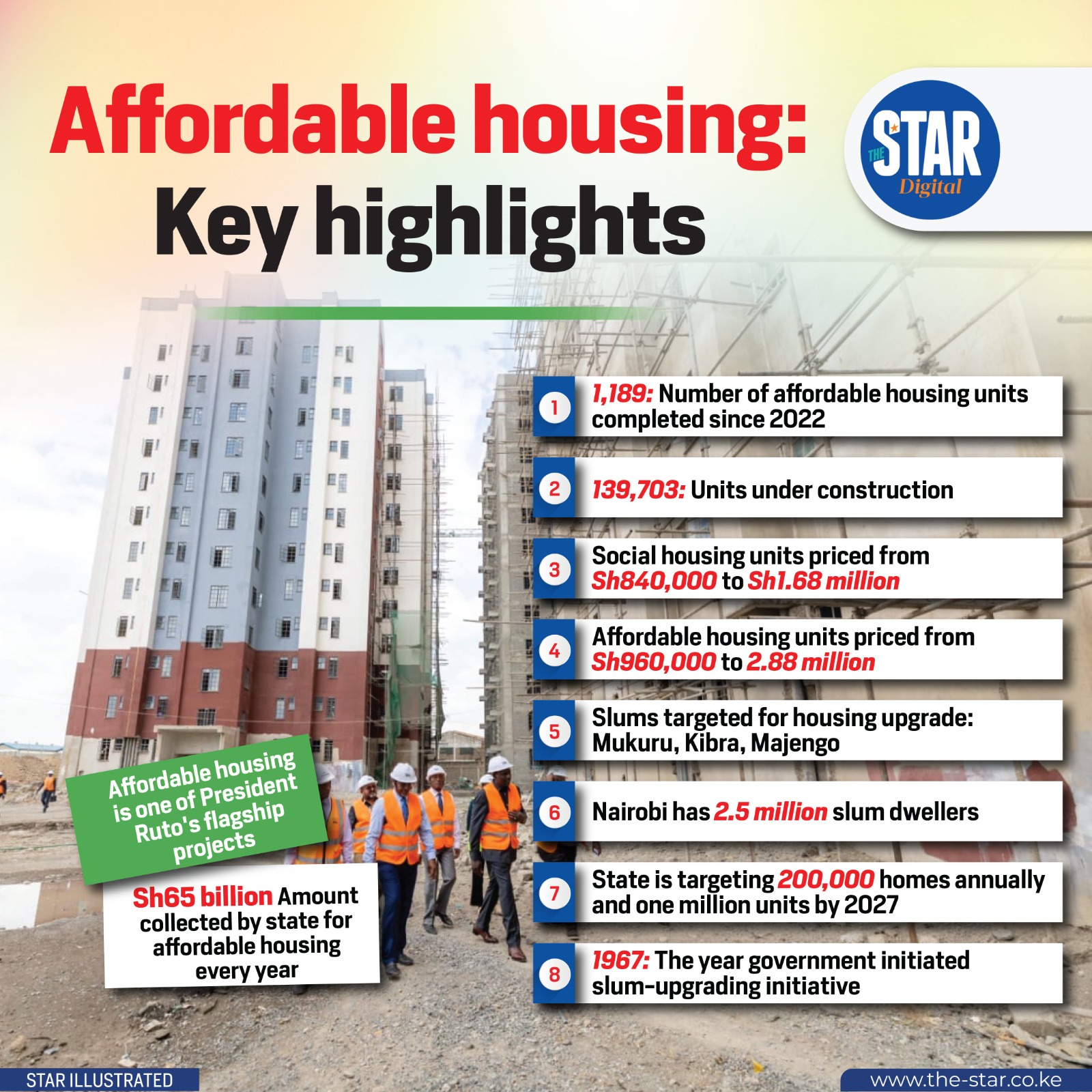Commercial real estate represents one of the most lucrative investment opportunities in Kenya's property market. Unlike residential properties, commercial real estate typically offers higher rental yields, longer lease terms, and professional tenant relationships. This comprehensive guide explores everything you need to know about investing in commercial properties in Kenya.
Understanding Commercial Real Estate
Commercial real estate refers to properties used exclusively for business purposes. These properties generate income through rental payments from tenants who use the space for commercial activities. Commercial properties are typically categorized into several types, each with unique characteristics and investment considerations.
Types of Commercial Properties
Office Buildings
Office spaces remain the backbone of commercial real estate in Kenya:
- Class A Buildings: Premium office spaces in prime locations with modern amenities
- Class B Buildings: Good quality offices in decent locations with standard facilities
- Class C Buildings: Older buildings or those in less desirable locations
- Medical Offices: Specialized spaces for healthcare professionals
Retail Properties
Retail spaces serve the growing consumer market:
- Shopping Centers: Large complexes with multiple tenants
- Strip Malls: Smaller retail centers with direct parking access
- Standalone Retail: Individual store locations
- Restaurants and Entertainment: Specialized hospitality venues
Industrial Properties
Industrial real estate supports Kenya's manufacturing and logistics sectors:
- Warehouses: Storage and distribution facilities
- Manufacturing Plants: Production facilities
- Flex Space: Combination of office and warehouse space
- Data Centers: Technology infrastructure facilities
Hospitality Properties
Tourism-related commercial properties:
- Hotels and Resorts: Accommodation facilities
- Conference Centers: Event and meeting venues
- Entertainment Venues: Clubs, theaters, and recreational facilities
Prime Commercial Locations in Kenya
Nairobi CBD
The Central Business District remains Kenya's premier commercial location:
- High rental rates and appreciation potential
- Established business ecosystem
- Excellent transport connectivity
- Premium corporate tenants
Westlands
A thriving commercial hub with modern amenities:
- Mixed-use developments
- International corporate presence
- High-end retail and dining
- Continuous development activity
Upper Hill
Kenya's emerging financial district:
- Government and financial institutions
- Modern office towers
- Strategic location advantages
- Infrastructure development
Mombasa
Coastal Kenya's commercial center:
- Port-related business activities
- Tourism and hospitality focus
- Regional trade gateway
- Growing industrial sector
Investment Benefits
Higher Rental Yields
Commercial properties typically offer superior returns:
- Rental yields of 8-15% annually
- Professional tenant relationships
- Longer lease agreements
- Annual rent escalations
Stable Income Streams
Commercial leases provide predictable income:
- Multi-year lease agreements
- Corporate and institutional tenants
- Security deposits and guarantees
- Inflation-linked rent increases
Professional Management
Commercial properties often require less hands-on management:
- Professional property management companies
- Tenant responsibility for maintenance
- Established operating procedures
- Reduced vacancy periods
Investment Considerations
Location Analysis
Location is crucial for commercial property success:
- Accessibility and transport links
- Proximity to complementary businesses
- Parking availability
- Future development plans
Market Demand Assessment
Understanding tenant demand is essential:
- Local business growth trends
- Industry-specific requirements
- Competitive supply analysis
- Economic indicators
Financial Analysis
Comprehensive financial evaluation should include:
- Net operating income calculations
- Cap rate analysis
- Cash flow projections
- Return on investment metrics
Financing Commercial Properties
Commercial Mortgages
Banks offer specialized commercial property financing:
- Loan-to-value ratios up to 70%
- Competitive interest rates
- Flexible repayment terms
- Professional valuation requirements
Alternative Financing
Non-traditional financing options include:
- Developer financing arrangements
- Investment partnerships
- Real estate investment trusts
- Crowdfunding platforms
Legal and Regulatory Framework
Ownership Structures
Commercial properties can be owned through various structures:
- Individual ownership
- Corporate ownership
- Partnership arrangements
- Trust structures
Compliance Requirements
Commercial properties must comply with various regulations:
- Building codes and safety standards
- Fire safety requirements
- Environmental regulations
- Occupational health and safety standards
Property Management
Professional Management Services
Commercial properties often benefit from professional management:
- Tenant acquisition and retention
- Rent collection and accounting
- Maintenance and repairs
- Lease administration
Tenant Relations
Maintaining good tenant relationships is crucial:
- Responsive communication
- Timely maintenance responses
- Lease renewal negotiations
- Space modification accommodations
Market Trends and Opportunities
Technology Impact
Technology is reshaping commercial real estate:
- Smart building systems
- Flexible workspace demands
- E-commerce warehouse needs
- Digital tenant services
Emerging Sectors
New commercial opportunities are emerging:
- Co-working spaces
- Medical and healthcare facilities
- Data centers and tech infrastructure
- Logistics and distribution centers
Risk Management
Market Risks
Commercial real estate faces various market risks:
- Economic downturns affecting demand
- Oversupply in certain markets
- Interest rate fluctuations
- Regulatory changes
Mitigation Strategies
Risk mitigation approaches include:
- Diversified tenant mix
- Long-term lease agreements
- Regular market analysis
- Professional property management
Exit Strategies
Sale Options
Commercial properties can be sold through:
- Direct private sales
- Commercial property brokers
- Public auctions
- Real estate investment trusts
Value Enhancement
Strategies to increase property value before sale:
- Property improvements and renovations
- Tenant mix optimization
- Lease structure improvements
- Operating efficiency enhancements
Conclusion
Commercial property investment in Kenya offers attractive opportunities for investors seeking higher returns and stable income streams. Success in commercial real estate requires thorough market knowledge, careful property selection, and professional management. The key is to understand the specific requirements of commercial tenants and position your property to meet their needs effectively.
As Kenya's economy continues to grow and diversify, commercial real estate will remain a cornerstone of the property investment landscape. Investors who take the time to understand the market dynamics, conduct proper due diligence, and maintain high-quality properties will be well-positioned to benefit from the sector's continued growth and development.




